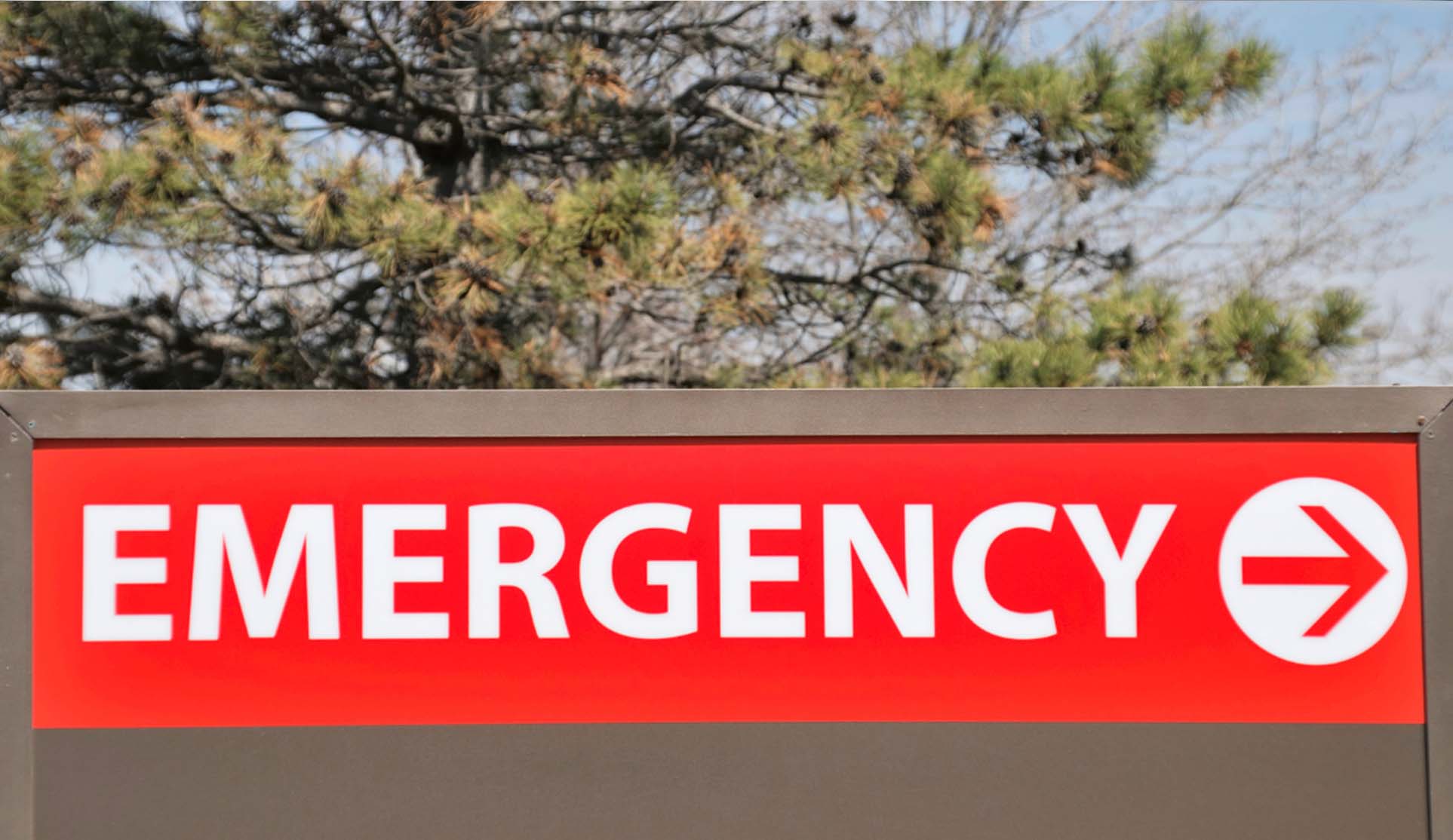Futuro Health is making it easier for students to connect with employers, and for employers to find and hire the qualified healthcare workers they need. The new Futuro Health Job Marketplace, now available to Futuro Health students and alumni via their portal and welcomes additional employers of healthcare workers.
“We are attracted to Futuro Health graduates and the value and expertise these workers bring to AlliedUP,” said allied health staffing provider AlliedUP CEO Carey Carpineta. “The Job Search Marketplace allows us to find and hire skilled healthcare individuals who are qualified, well-rounded, and diverse.”
“CommonSpirit Health is proud to partner with Futuro Health to invest in the future of our allied healthcare workforce,” added Wanda Cole-Fieman, Senior Vice President, Talent Acquisition at CommonSpirit Health. “Connecting Futuro Health graduates to job opportunities within CommonSpirit Health is vital to ensuring a highly qualified workforce that is reflective of our communities, in order to improve the health of people we serve.” In 2019, Dignity Health and Catholic Health Initiatives came together to form CommonSpirit Health.
“To successfully support the millions of workers Skilled Through Alternative Routes (STARs) – rather than four-year degrees – transition into higher-wage work, we need efforts like Futuro Health’s Job Marketplace to help employers discover and hire STARs based on their skills,” said Scott Gullick, Regional Marketplace Lead – Bay Area, Opportunity@Work. “We applaud Futuro Health as they continue to back efforts that help employers see beyond the degree and connect STARs with the jobs they deserve.”
“Because Futuro Health has a work-ready approach to training and educating adult students, it makes perfect sense to create an environment where Futuro Health students and employers can connect to secure fruitful and successful employment relationships,” said Anthony Dalton, Futuro Health Vice President & Chief Data Scientist.
Healthcare employers who provide a special applicant tracking code can be alerted when Futuro Health’s credentialed students apply through the marketplace.
The features and functionality of the Job Search Marketplace will grow over time. Students and alumni can access it through the Futuro Health portal. Interested employers should contact partnership@futurohealth.org.



